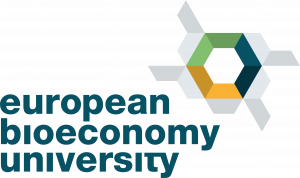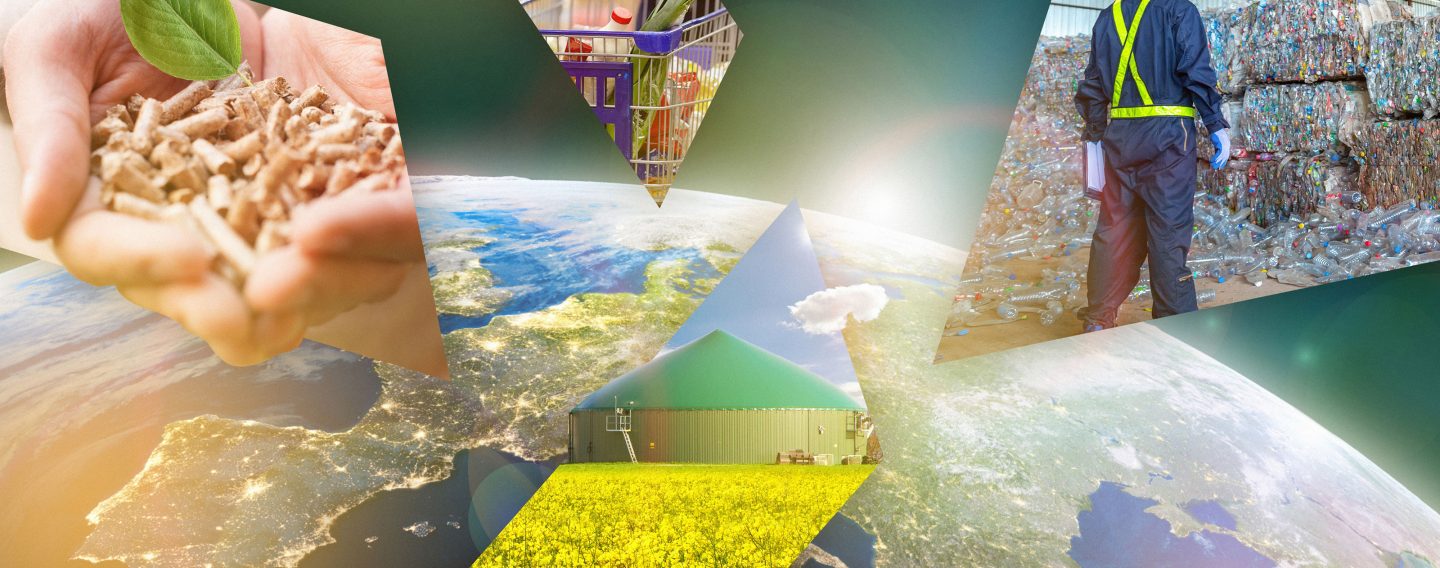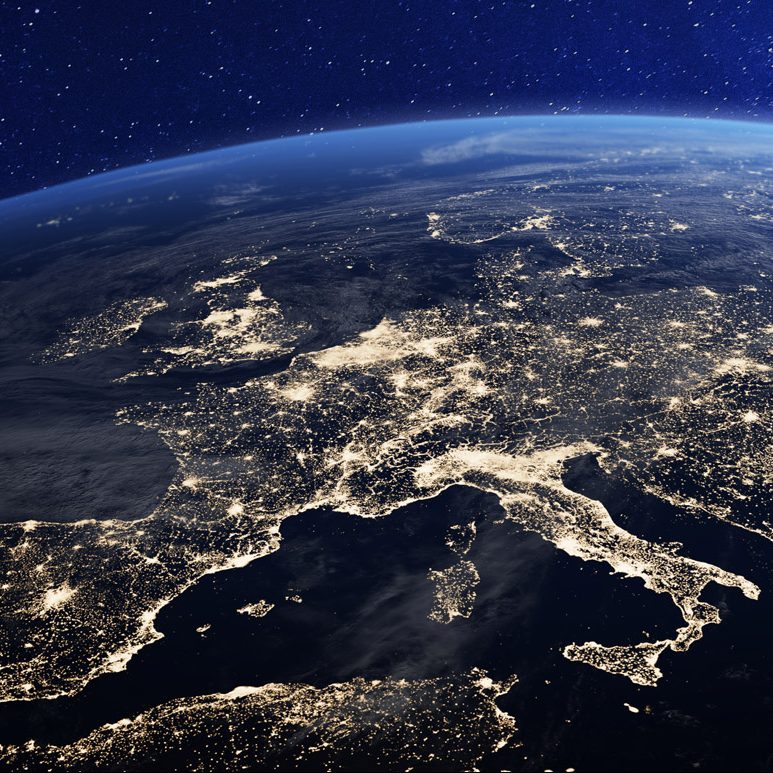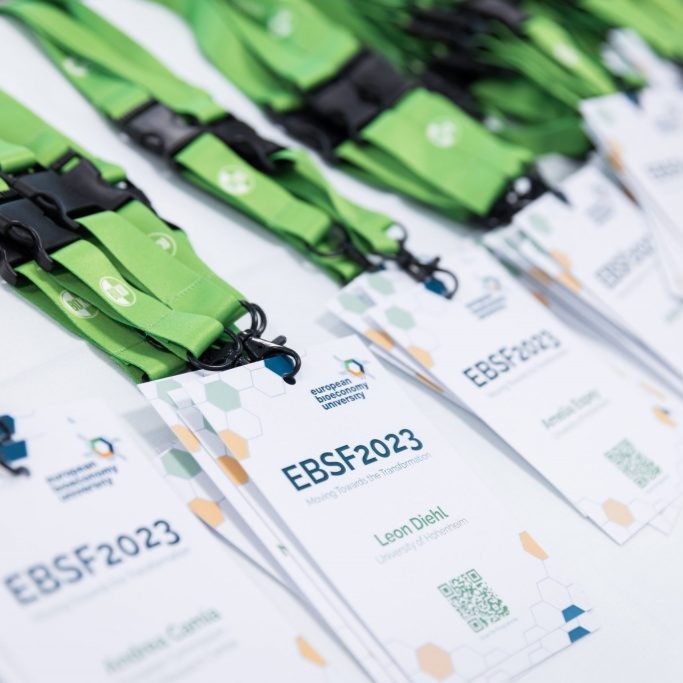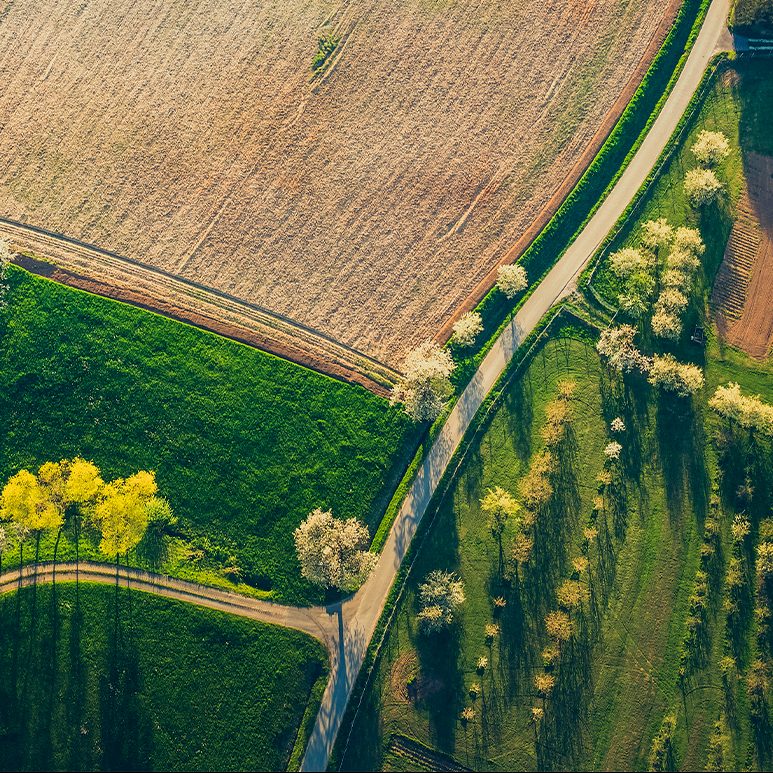The transition to the Bioeconomy is one of the major economic, social and environmental challenges facing the European Union in the coming years. The European Bioeconomy University will tackle this enormous challenge by educating a new generation of truly European experts, fostering rigorous, relevant and responsible research, and transferring knowledge into society and the economy.
The European Bioeconomy University is an alliance of the eight leading European universities in this field. It will act not only as a think tank for knowledge generation, but also as a creative hub for knowledge transfer to transform diversity into creativity, support the European approach of democratic, transparent and participative processes and foster actual change in an innovative and sustainable way.

This website is kindly hosted by the University of Eastern Finland on behalf of the EBU Alliance, and it is actively managed by the University chairing the EBU Presidency.
